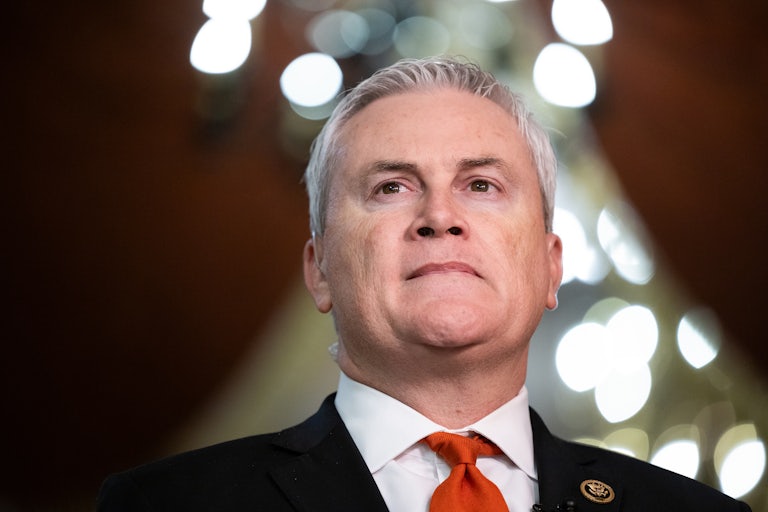House Ethics Probe Into Matt Gaetz Is Ramping Up—With New Witnesses
Trouble is on the horizon for Republican Representative Matt Gaetz.

The congressional investigation into Florida Representative Matt Gaetz has entered a new phase, reportedly making contact with several new witnesses in recent weeks as it probes allegations of sexual misconduct, drug use, and public corruption by the MAGA Republican.
The Republican-led House Ethics Committee has expanded its contact with individuals connected to the original Department of Justice investigation that identified Gaetz as an associate and client of a sex trafficker, reported ABC News.
“It’s great to see the Ethics Committee has interests beyond trading stocks. They seem to be quite the unusual whales,” Gaetz told ABC, responding to the committee’s recent developments.
The House reopened its probe in July after the Justice Department closed its own with no formal charges issued against Gaetz, who criticized the renewed House probe for “trying to weaponize their process.”
The accusations against Gaetz arise from a DOJ sex-trafficking probe into one of Gaetz’s friends, Joel Greenberg, a former tax collector for Seminole County, who was later convicted of sex trafficking. The initial probe also named Gaetz, who Greenberg claimed had paid him via Venmo in order to have sex with an underage girl in 2017.
Eight months after Greenberg warned Gaetz to “steer clear” of the girl, the lawmaker Venmo’d Greenberg $900 in back-to-back payments, per The Daily Beast, telling the taxman to “hit up” the girl on his behalf. At that point, she was five months past her eighteenth birthday, while Gaetz had just turned 36.
Greenberg was later convicted of sex trafficking an underaged girl.
Gaetz has repeatedly denied the allegations, though that hasn’t assuaged the nation’s voters, some of whom have shown up to Trump rallies to troll the MAGA Floridian over the accusations.
On Sunday, Gaetz encountered an audience member during a campaign meet and greet who asked if Gaetz would be interested in a “bag full of underage girls,” before emerging with a sack containing a blow-up sex doll.
And in December, Gaetz received a facetious award under similar circumstances at an Ohio GOP event. On a livestream of the Strongsville Republican Party’s Christmas gathering, Gaetz was handed a trophy lauding him for his alleged dedication to using Venmo to pay for sex with underage girls.








